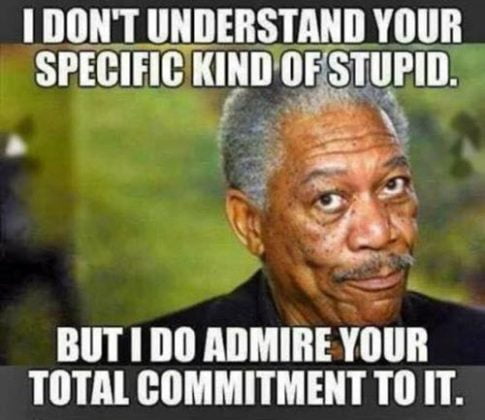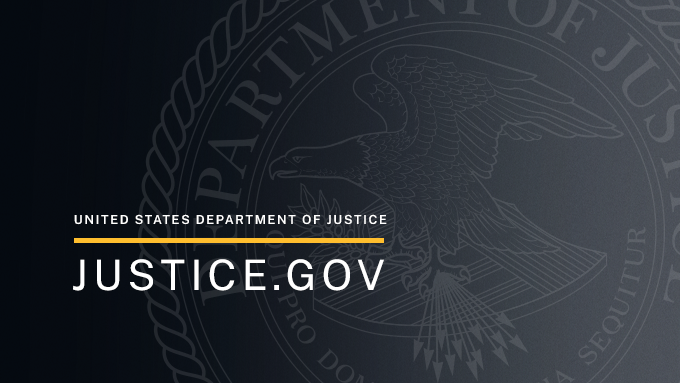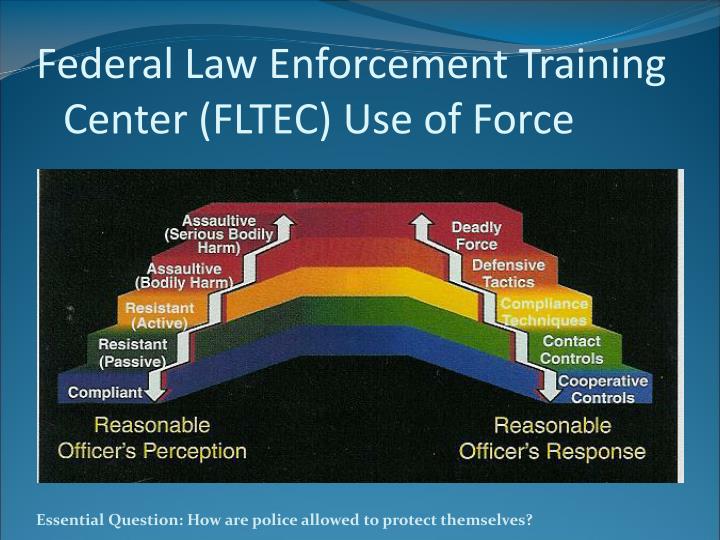T. A. Gardner
Serial Thread Killer
Less than 10% of officers in most police forces get investigated for misconduct.That's interesting. The only study I see shows over 50% of officers with 11 years of service have had at least one complaint of excessive force. Do you have a source for your claim? That the majority have had no complaints or disciplinary action of any kind? The study doesn't include any disciplinary action for other infractions but it would be impossible for those to be negative in nature.
You are making claims that aren't supported. He has had 3 instances in 21 years which doesn't appear to be that different from half of officers.
The shotgun doesn't show him to be a fuck up as a police officer. It shows he was unfamiliar with a shotgun which he probably never carried as an officer.
You are the one that is trying to use the missing records to show him as being a bad officer.

We found 85,000 cops who’ve been investigated for misconduct. Now you can read their records.
In 2019, USA TODAY led a national effort to publish disciplinary records for police officers. George Floyd's death has renewed calls for transparency
www.usatoday.com
Now, this doesn't mention outcomes just complaints. That is, it is fully possible that an officer receiving one or two complaints over years of service simply had someone complain that was angry at the interaction and the charge dismissed.
Around 40% of current New York City police officers have never received a civilian complaint, while 32% have one or two, and one officer has 52, the highest, according to the review board.
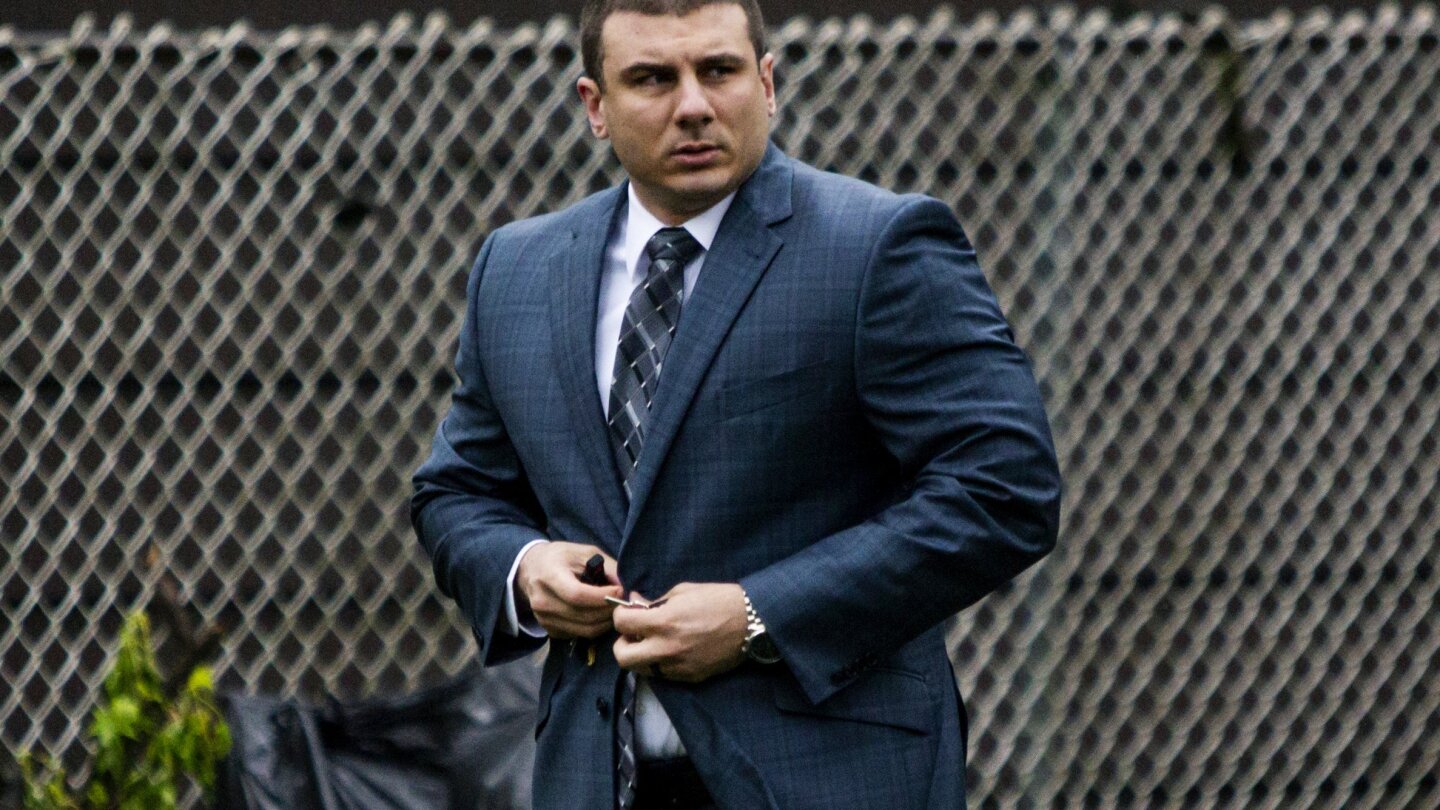
Police disciplinary records are largely kept secret in US
PHILADELPHIA (AP) — Officer Derek Chauvin had more than a dozen misconduct complaints against him before he put his knee on George Floyd's neck.
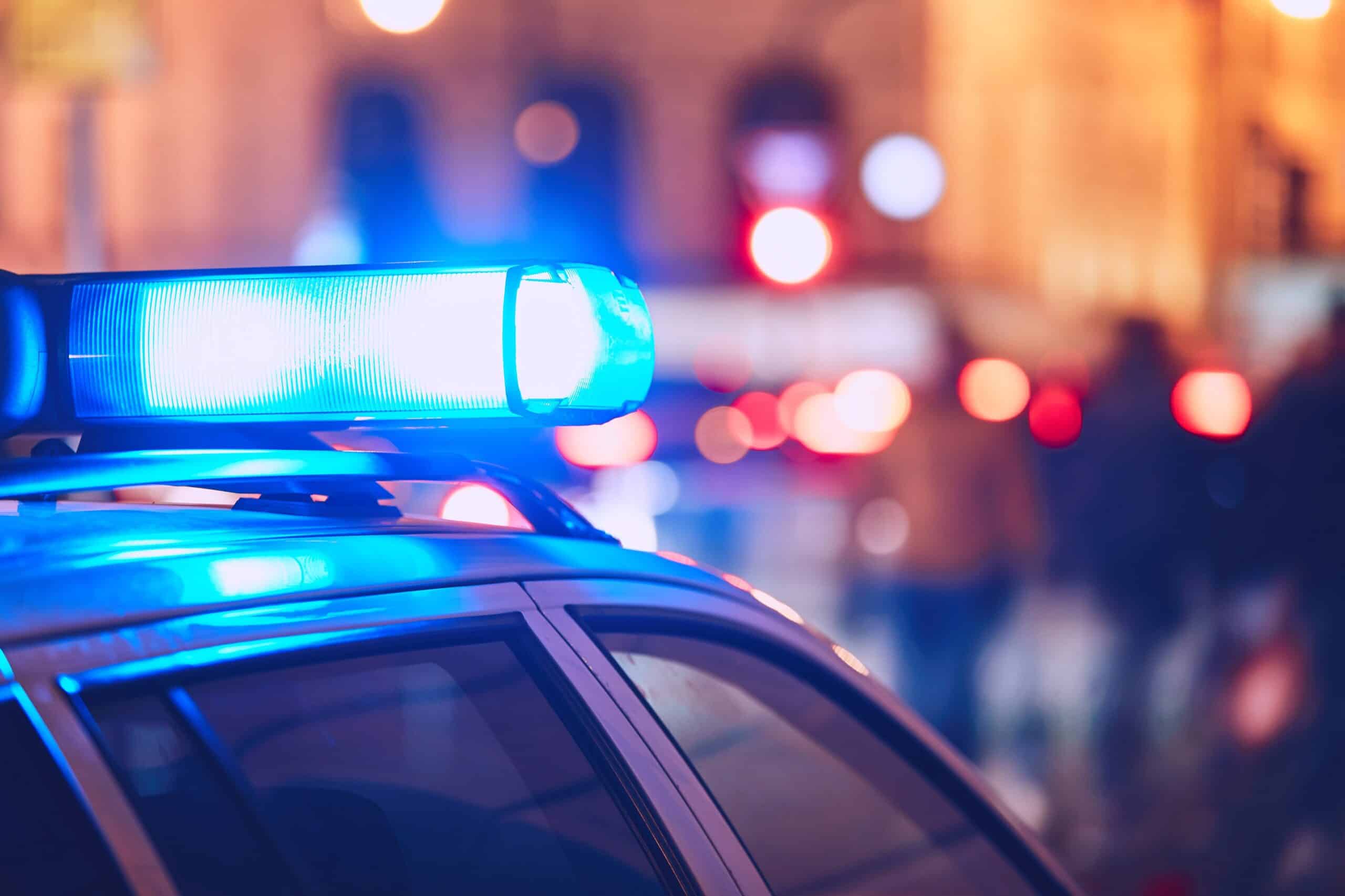
Bad Cops Are Not Held Accountable—And Majority of Police Officers Agree
It has been more than three years since Michael Brown was killed by a police officer in Ferguson, MO, leading to protests which bordered on riots and calls for justice. Since that time there have been similar incidents across the United States. Many police officers now say their colleagues...
I would say that Byrd fits that description. Poor officer not held accountable.
If 50% or more of all police officers had complaints filed against them and those complaints were sustained, it would be a national crisis.
Your study only looks at "problem officers," not all officers. Even in it, a small number were the issue with repeat offenses and disciplinary problems.
Only 37 police officers, 7 percent of sworn law enforcement personnel, accounted for more than one-third of all complaints.
That's out of 274 officers in the sample that had a complaint out of a department of 508. Oh, Byrd had seven, not three, disciplinary actions. That he was still able to be promoted to Lieutenant--a supervisory grade / position--says a lot about how lax the capitol police were on discipline and standards. Normally, to get to a supervisory position like that you have to demonstrate competence and ability to do all aspects of the job correctly.
So, your claim is bullshit.


